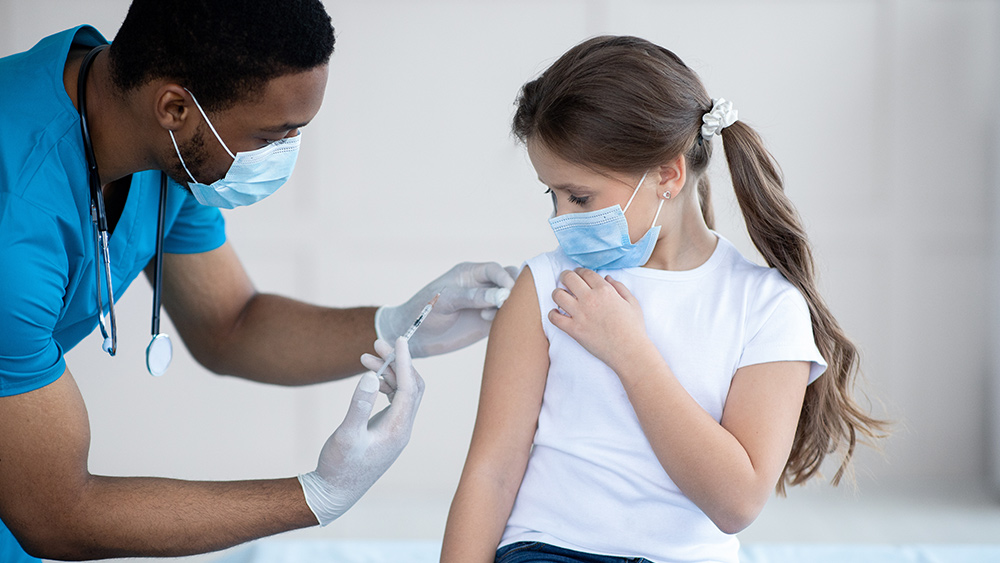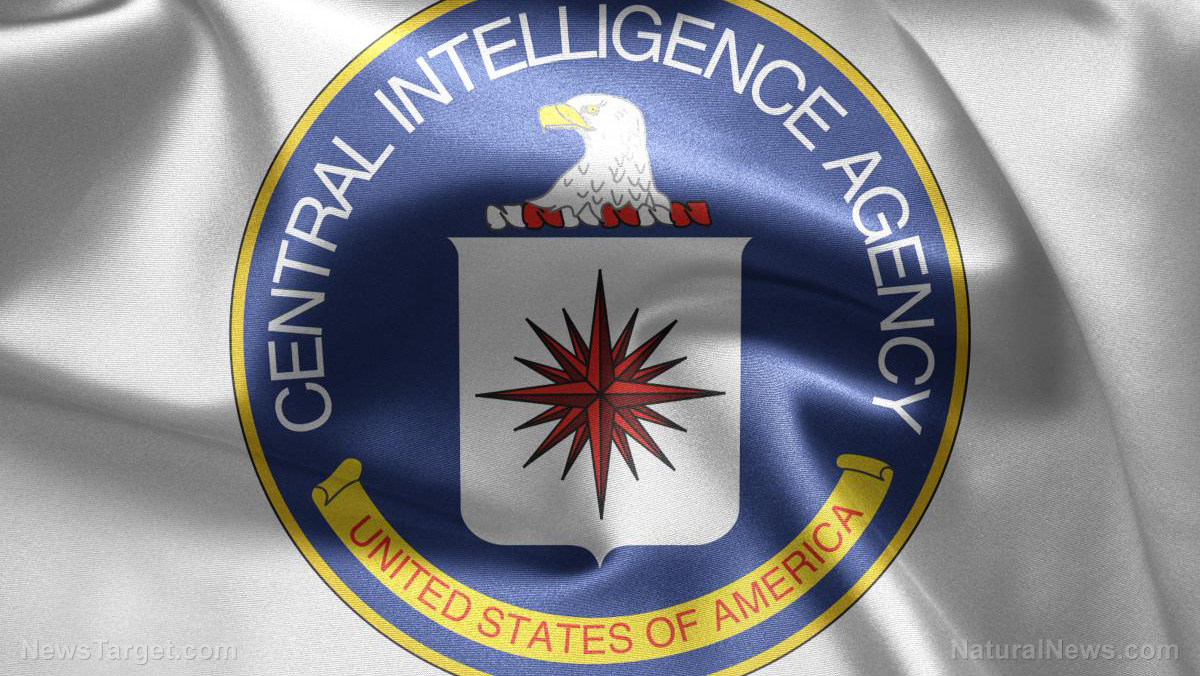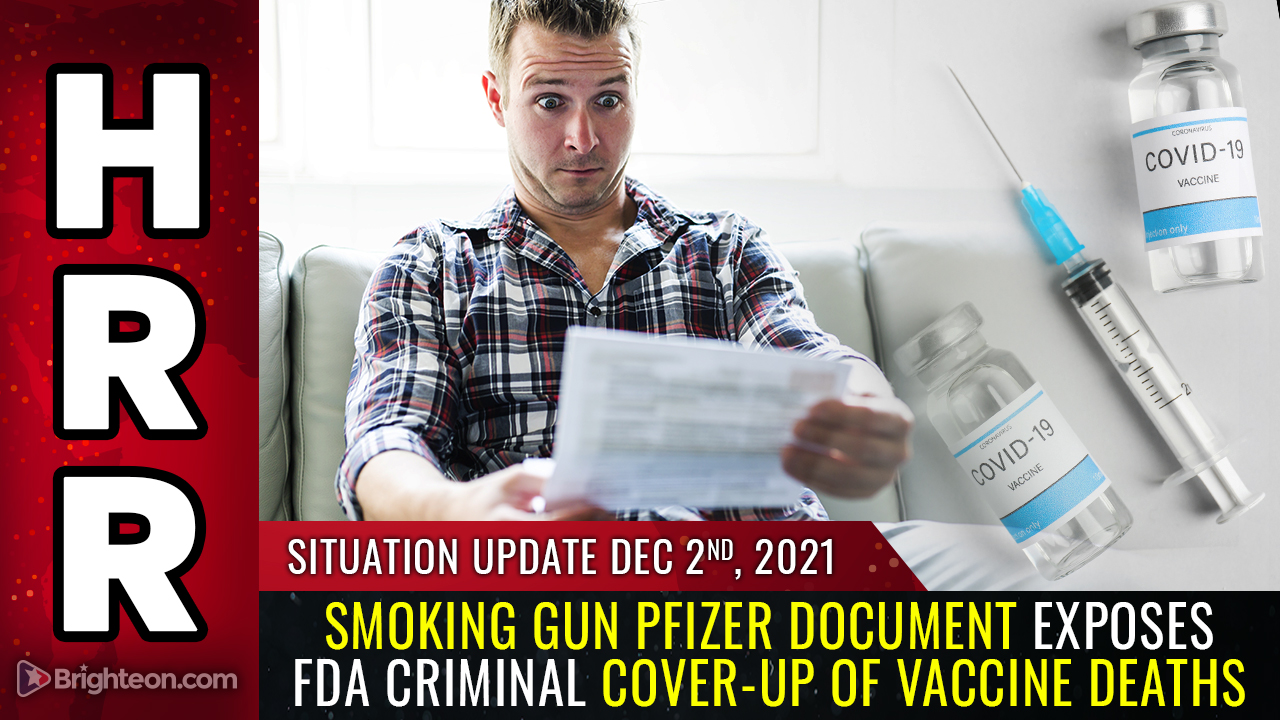Another possible carcinogen found in popular sunscreen brands
08/13/2021 / By Mary Villareal

Popular sunscreen brands like Coppertone, Banana Boat and Neutrogena are garnering new attention as researchers have found evidence of a potential carcinogen in their products.
Researchers petitioned the Food and Drug Administration (FDA) to halt sales of all sunscreens that have the active ingredient octocrylene. According to nonprofit Haereticus Environmental Laboratory, which studies risks to health and the environment, octocrylene degrades over time and forms benzophenone, a suspected carcinogen that can also interfere with key hormones and reproductive organs.
Some 2,400 sun-protection products are made with octocrylene, and “the FDA doesn’t know what their safety is,” said Craig Downs, executive director of Haereticus Environmental Laboratory. “It’s unconscionable that the FDA would allow something that we don’t know if it’s safe or not,” he said.
Concerns about the safety of sunscreens came to light in 2019 when the FDA asked manufacturers for safety data regarding chemical ingredients in their products, including octocrylene. In May, an independent testing lab found high levels of another probable carcinogen (benzene) in several products. The lab’s findings led to product recalls.
FDA research shows that the body absorbs enough chemicals from sunscreen ingredients to warrant further testing, yet there is no indication whether or not companies have provided the safety data requested by the federal agency.
Courtney Rhodes, a spokeswoman for the FDA, said that “[the FDA] takes seriously any safety concerns raised about products we regulate, including sunscreen.” She added that the agency “will continue to monitor the sunscreen marketplace to help ensure the availability of safe sunscreens for U.S. consumers.”
Downs and Joe DiNardo, a toxicologist with a background in the cosmetics industry, worked with researchers in Sorbonne University in Paris. They tested 16 octocrylene-based sunscreens from France and the U.S., including Beiersdorf AG’s Coppertone Water Babies spray, Edgewell Personal Care Co.’s Banana Boat SPF 50 lotion and Neutrogena Beach Defense spray and lotion from Johnson & Johnson.
All of the brands tested positive for benzophenone. Later, Belgian researchers found similar results after testing products containing octocrylene.
Studies link benzophenone to tumor growth and rare cancer
The Personal Care Products Council, a Washington lobby group, said that the research “perpetuates misinformation and needlessly misleads and scares consumers about the safety of sunscreen products.” The group also said that the European Union has approved the use of octocrylene in sunscreens.
However, the cancer research arm of the World Health Organization (WHO) classifies benzophenone as a possible carcinogen. Several animal studies have shown that benzophenone exposure can cause tumors and neoplasms with the potential to become malignant. (Related: Watch out for toxic ingredients in sunscreen.)
According to a series of two-year studies on rats and mice, benzophenone exposure and carcinogenic activity led to increased incidences of renal adenoma and mononuclear cell leukemia in male rats. The chemical was also linked to increased incidences of leukemia and histiocytic sarcoma — a rare but aggressive cancer — in female rats.
In mice, benzophenone activity was linked to multiple cases of liver adenoma in males and histiocytic sarcoma in females. Benzophenone exposure also increased the incidence of liver adenoma in female mice.
Other studies show that benzophenone can interfere with estrogen, a hormone that plays a key role in the health of women. This disruption has been linked to early puberty and altered functioning of female reproductive organs.
The study by Downs and colleagues reveals that benzophenone in sunscreen is formed by the degradation of octocrylene. Only sunscreens containing the UV blocker tested positive for benzophenone, and levels of the potential carcinogen increased over time in the products.
Read more about the risks associated with sunscreens and other everyday products at Products.news.
Sources include:
Tagged Under: benzene, benzophenone, cancer criminals, carcinogens, Cosmetics, FDA, octocrylene, sunscreen, toxic chemicals, toxic ingredients, UV blocker, WHO
RECENT NEWS & ARTICLES
COPYRIGHT © 2017 FDA NEWS
















